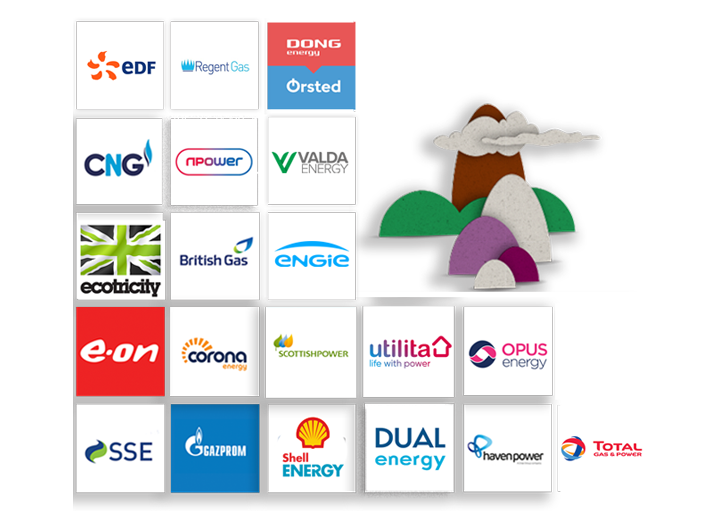DCP 161 Will Bring Significant Cost Increases
DCP 161 will come into force from 1st April 2018. OFGEM is enforcing this new measure to ensure that Half Hourly (HH) meters that exceed their assigned capacity are charged at an increased rate.
What is DCP 161?
DCP 161 is a new regulation which will mean those who exceed their Maximum Impact Capacity (MIC) figure will be charged at a significantly higher rate than previously.
Changes to DCUSA (Distribution Connection and Use of System Agreement) will introduce excess capacity penalties for half-hourly electricity supplies and will mean that the costs incurred when customers exceed their available capacity levels are recovered.
This excess capacity charge will increase by an average of 81% and up to three times higher than the standard rate once DCP 161 is introduced in April. The specific scale of change will vary by region and voltage, with costs expected to be higher in areas where there is a higher demand for capacity.
Does this affect last year’s p272 changes?
Any electricity meters that have been or are due to be converted to HH as a result of P272, will be settled on the Half Hourly market in time for the introduction of DCP 161. Any businesses that are incurring excess capacity charges will need to agree on a different capacity or take measures to reduce their maximum demand effectively.
What does DCP 161 mean for business electricity consumers?

Many businesses will find themselves with drastically higher electric bills after April as OFGEM is making changes to become more cost-reflective. Business customers should act now to lessen the impact further down the line.
A business which uses around 2GWh per annum and exceeds the agreed capacity (or Maximum Import Capacity) by 10% could see an average 48% rise per month and costs could increase month on month without action.
If your business meters are moving from non-HH to HH, you are slightly vulnerable as your available capacity isn’t known and should seek advice to establish the agreed capacity before meters are transferred.
What can business owners do to keep costs down before DCP 161 is enforced?
To avoid your business usage exceeding capacity levels it is essential to understand the available capacity and maximum demand levels of these supplies. The first step is to make sure to have the correct Maximum Impact Capacity (MIC) agreed with your supplier and to control your usage effectively.
If you have any supply or capacity contracts due for renewal between now and April 2018, it would be beneficial to negotiate capacity charges beforehand, as excess charges will be based on the supplier you choose and your consumption.
Exchange Utility can help with a range of business solutions tailored to your energy use and consumption to help control upcoming price rises.
If you want to increase your available capacity or are looking at ways to reduce your energy consumption and avoid excess charges, Exchange Utility can help.
We can assess your capacity levels against your actual usage to see if you’re at risk of rising charges.
Simply call 0800 9777 000 or fill out the form opposite to find out more.
